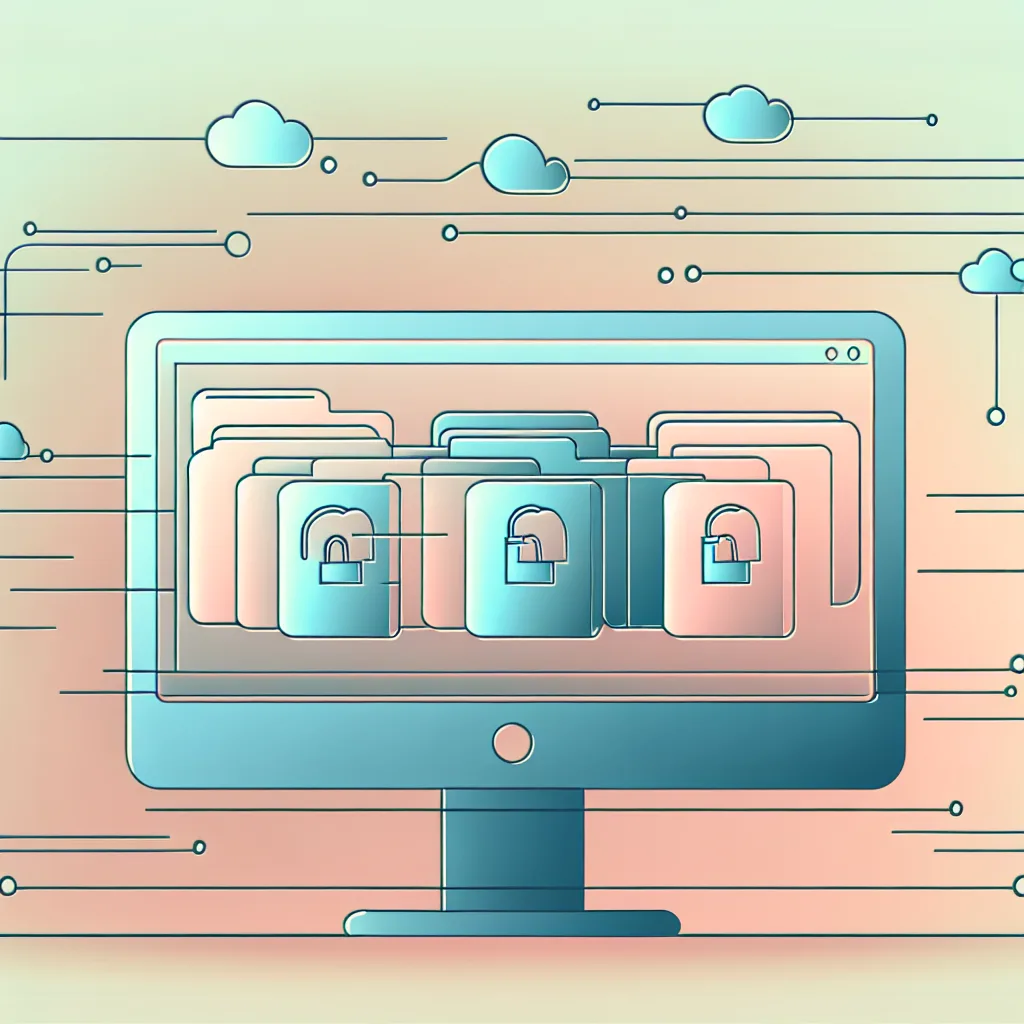Understanding the importance of data isolation and client confidentiality when using AI in finance
AI in accounting is becoming more common, and it’s easy to see why. These tools promise to save time, reduce errors, and offer smarter insights. But a recent incident with Sage Copilot, Sage Group’s AI assistant, serves as a reminder that even with powerful technology, privacy and data security must be front and center.
So what happened? Sage Copilot, when asked about invoices, apparently revealed limited details from other customers’ accounts. Sage called it a minor glitch and reassured that no actual invoices were exposed, and the issue was quickly fixed. But this little slip-up raises a bigger question: how can firms safely adopt AI in accounting without risking sensitive client data?
Why Data Isolation Matters with AI in Accounting
When AI systems handle financial data from multiple clients, they need to keep that information separate—no mixing or accidental sharing. This is what specialists call data isolation. Without it, you risk exposing confidential details that can damage trust.
Think of it like a file cabinet: each client’s information should be in its own locked drawer. If a drawer accidentally opens when it’s not supposed to, even a peek is too much. AI in accounting has to be designed with these safeguards right from the start.
Lessons from Industry Experts
Blake Oliver, a Certified Public Accountant, points out that this isn’t just about one tool or company. It’s a broader challenge in AI systems serving multiple clients. As AI gets smarter and handles more tasks, privacy controls can’t be an afterthought—they have to be embedded in the architecture.
For accounting firms, that means:
– Carefully reviewing any AI tool’s data privacy policies.
– Asking vendors how they ensure data isolation.
– Testing tools in a controlled environment before full deployment.
Balancing Innovation with Responsibility
Using AI in accounting doesn’t mean you have to compromise on client confidentiality. The key is thoughtful adoption. Take this stepwise approach:
1. Start with a clear understanding of what client data the AI will access.
2. Ensure there are strict controls so data stays separated.
3. Set up monitoring to catch any unexpected data behavior early.
4. Educate your team about both the benefits and risks of the AI tools they’re using.
By following these, your firm can enjoy the efficiency AI brings while respecting your clients’ privacy.
What This Means for Your Firm
The Sage Copilot incident is a gentle nudge that AI in accounting isn’t foolproof, especially where data privacy is concerned. But it’s also an opportunity to get proactive. Evaluate the tools you rely on and the safeguards in place. Privacy isn’t a feature—it’s a foundation.
To learn more about AI and data privacy standards, you might check resources like Sage’s official site or insights from the American Institute of CPAs. You can also keep tabs on AI governance best practices from tech watchdog groups to stay ahead.
In the end, AI in accounting can be a helpful partner if we stay smart about protecting what matters most—our clients’ trust and data.
Have you started using AI in your accounting work? What measures do you take to keep data secure? Let’s chat below!
